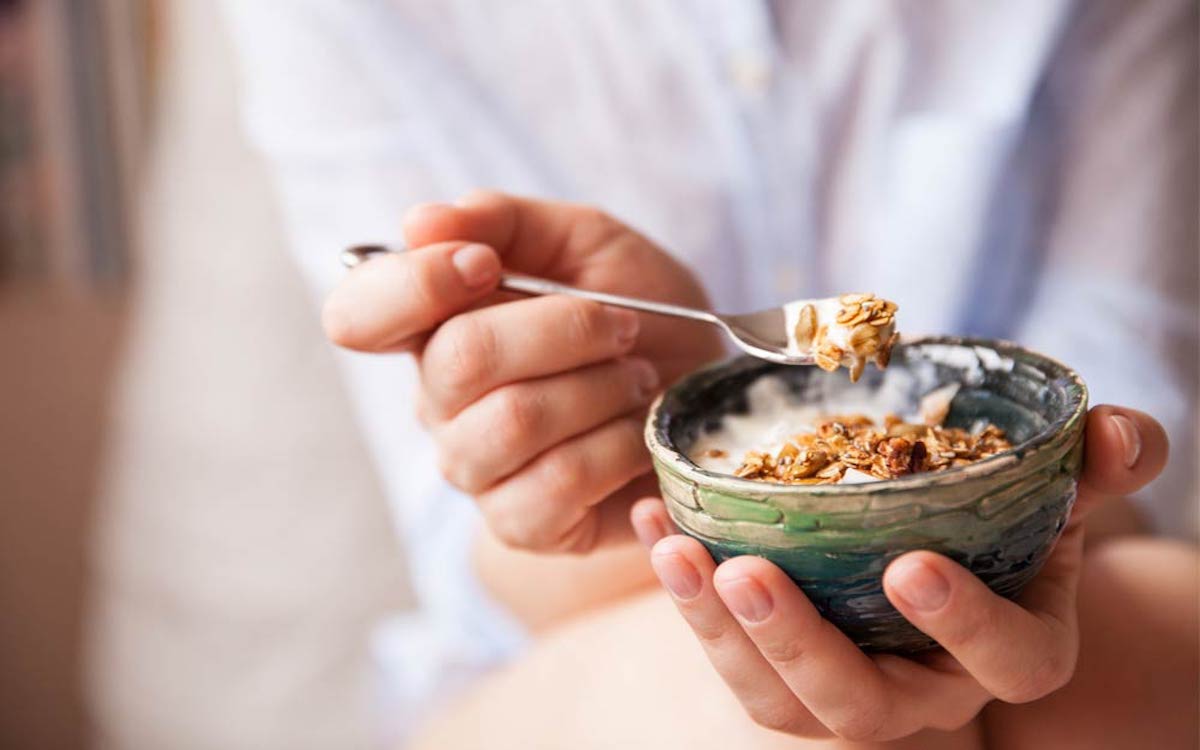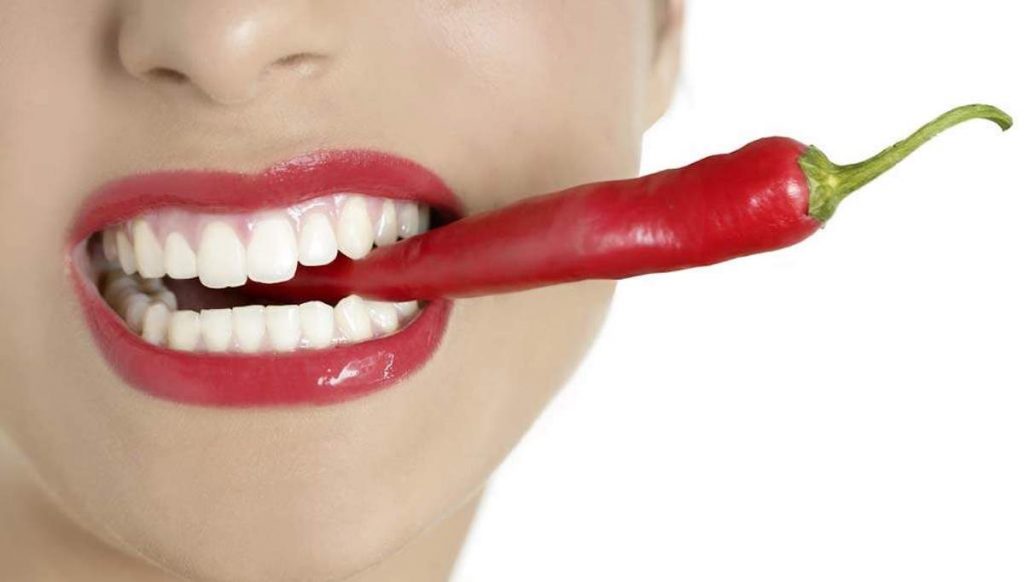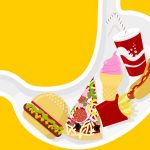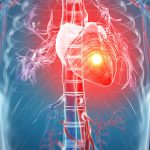2. Eat Small, Frequent Meals and Snacks

As we mentioned above, it is beneficial not to eat too much in order to lessen the chances of overloading your digestive system. So, try your best to eat smaller meals more frequently. For instance, eat small snacks and less hefty meals four to six times a day instead of eating a larger meal three times a day, which is more common.
Eating smaller meals more frequently can also help to help you with #1 on our list, shedding extra weight. This is especially true if you make at least two of your smaller meals healthy snacks. We suggest a handful of nuts or some berries (or other fruit like melon that is not high in acidity.)
More from Things Health
-
15 Heartburn Trigger Foods: Control Acid Reflux
If you suffer from heartburn, you are not alone. This painful and arguably annoying condition is experienced by one in five adults every week. The…
-
Warning Signs That You Might Have Heart Issues
Heart disease has both genetic and environmental components, as it tends to run in families but can also be impacted by your lifestyle choices such…
-
10 Causes of Chest Pain That Are Not Your Heart
For many, an experience of chest pain leads to panic and the assumption that it must be related to the heart, worst-case scenario being a…
-
11 Dangers of a Ketogenic Diet
If you are familiar with the world of nutrition at all, chances are that you have likely heard of the ketogenic diet (also known as…
-
Visual Signs of Poor Health That Should Not Be Ignored
We often think that being diagnosed with an illness such as diabetes, heart disease, stroke or cancer as something that happens out of the blue.…






